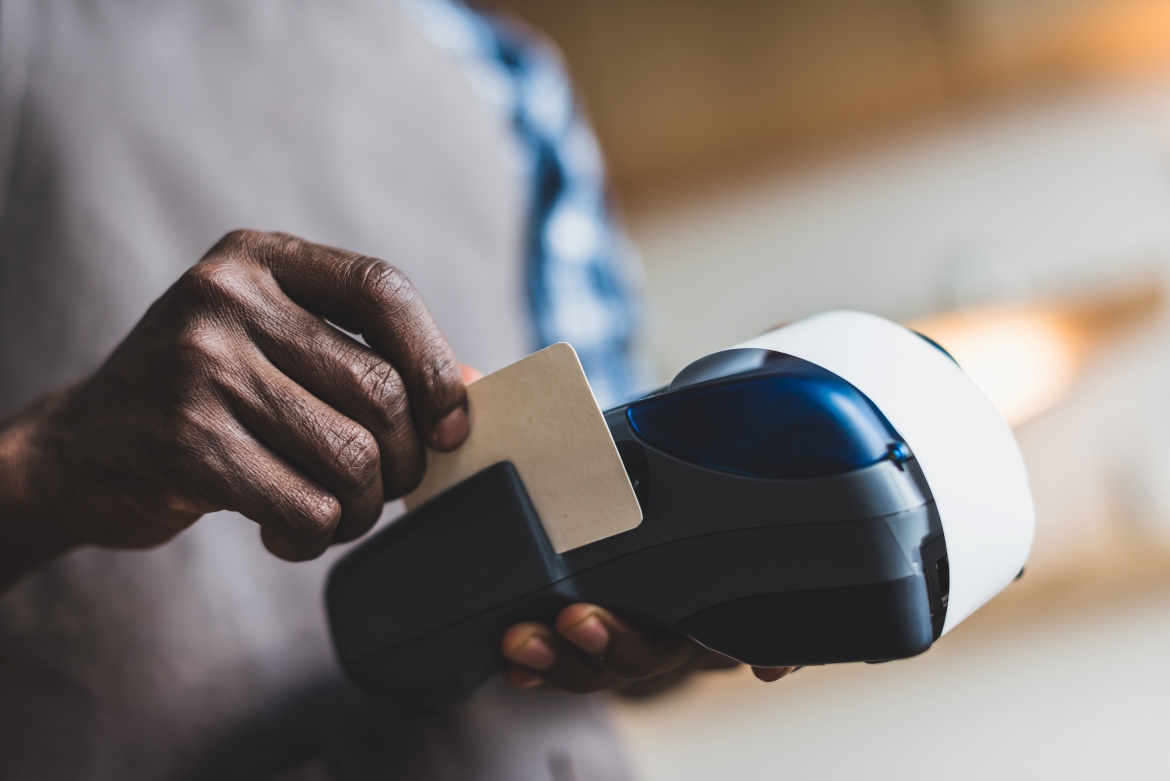How to avoid scams when making financial transactions online
Online financial transactions have become increasingly common, offering convenience and speed to make payments, purchases and manage our finances. However, this boom has also increased the risk of falling victim to scams. To protect your data and your money, it is essential to know the best practices and strategies to avoid scams in online transactions. Below are some recommendations to stay safe and avoid falling into scams.
One of the first strategies is to make sure that the website you are making the transaction on is secure. Before entering any financial information, check that the site uses an encrypted connection. This can be easily identified by looking for a lock icon in the address bar and making sure that the URL begins with “https” instead of just “http.” Using secure sites ensures that the data you share is protected from potential hackers.
In addition to this, never make financial transactions online using public or unsecured networks. Although it may be tempting to make quick payments at a coffee shop or on a public network, these connections are more susceptible to being intercepted by cybercriminals. Always make transactions from a private and trusted network, preferably from home or using a VPN connection for added security. These tools encrypt your internet connection, making it difficult for anyone to access your information.
Another key strategy to avoid online scams is to enable two-factor authentication (2FA) on all of your financial accounts. This method adds an extra layer of security by requiring a second form of verification, such as a code sent to your phone, in addition to your password. If a scammer manages to obtain your password, they will still need access to your mobile device or email to complete the transaction, significantly reducing the risk of fraud.
Using strong and unique passwords is another crucial aspect. Never reuse the same password across multiple accounts, especially those related to your bank or online payment platforms. Strong passwords should include a combination of letters, numbers and symbols, and should be updated regularly. If it’s difficult to remember so many passwords, consider using a password manager, which will securely store and encrypt your passwords.
It’s also important to be on the lookout for suspicious emails and messages. Scammers often use phishing techniques to trick people into giving away their personal information. Be wary of emails that ask for sensitive information, such as credit card numbers or passwords, or that contain strange links. If you receive an email that appears to come from your bank or financial service, always check directly on their official website rather than clicking on links provided in the email.
Another valuable tip is to regularly monitor your bank accounts and statements. Review your transactions for any suspicious or unauthorized activity. Most banks and payment platforms offer real-time alerts to notify you of movements in your account, allowing you to act quickly in case of an unrecognized transaction.
While making payments with a credit card may seem riskier than using cash or debit cards, credit cards offer additional protection against fraud. In many cases, credit card companies allow you to dispute fraudulent charges and you are not liable for the lost amount. In contrast, recovering lost money through a debit card or wire transfer can be much more complicated and time-consuming.
To avoid scams when making financial transactions online, it is essential to use secure websites, avoid public networks, enable two-factor authentication, create strong passwords, be alert to possible fraudulent emails, and regularly monitor your accounts. By following these recommendations, you can make online transactions with greater security and peace of mind.

